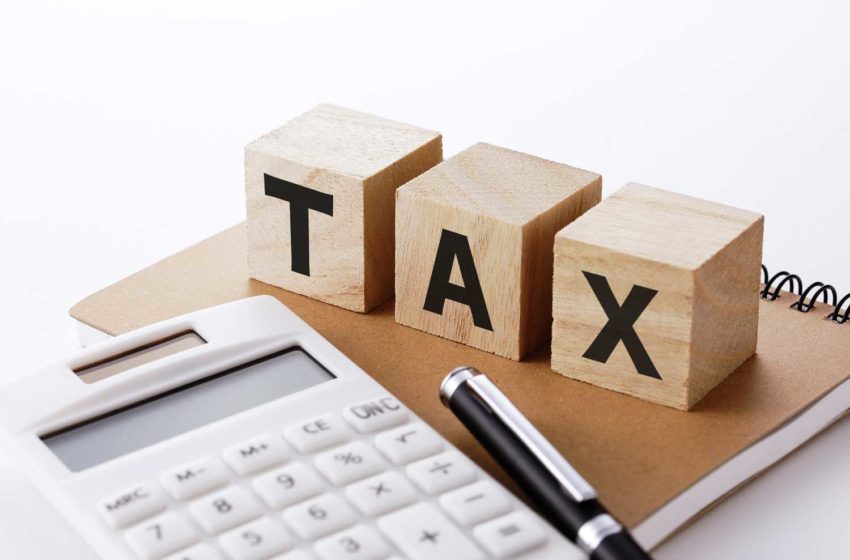
Estonia’s government has plans to expand smoke-free outdoor spaces, including places like beaches and parks, according to ERR News.
The government approved Estonia’s positions on tobacco policy, including the expansion of smoke-free outdoor areas to include terraces, parks, beaches and other recreational areas where many people gather.
“Today, we are talking about a restriction that still allows individuals to smoke but in a way that does not harm the health of those around them,” said Aive Telling, head of environmental health and chemical safety at the Ministry of Social Affairs. “This is the most important point in ensuring a smoke-free environment. We must consider others, and this is also about changing societal attitudes to ensure our actions do not harm others.”
“Let’s say that today, alcohol consumption on the beach is monitored, people are reminded that drinking alcohol on the beach is not allowed,” said Piret Valjaots, head of the Tartu Health Service. “Similarly, it will likely be possible to monitor tobacco use during the beach season. It becomes more complicated with parks as there is no constant law enforcement presence in public spaces.”
A detailed plan is not yet in place.
“Things do not change overnight, and this is just the beginning of a longer and broader process,” said Telling. “Today, these positions are the direction in which we are moving throughout Europe.”












